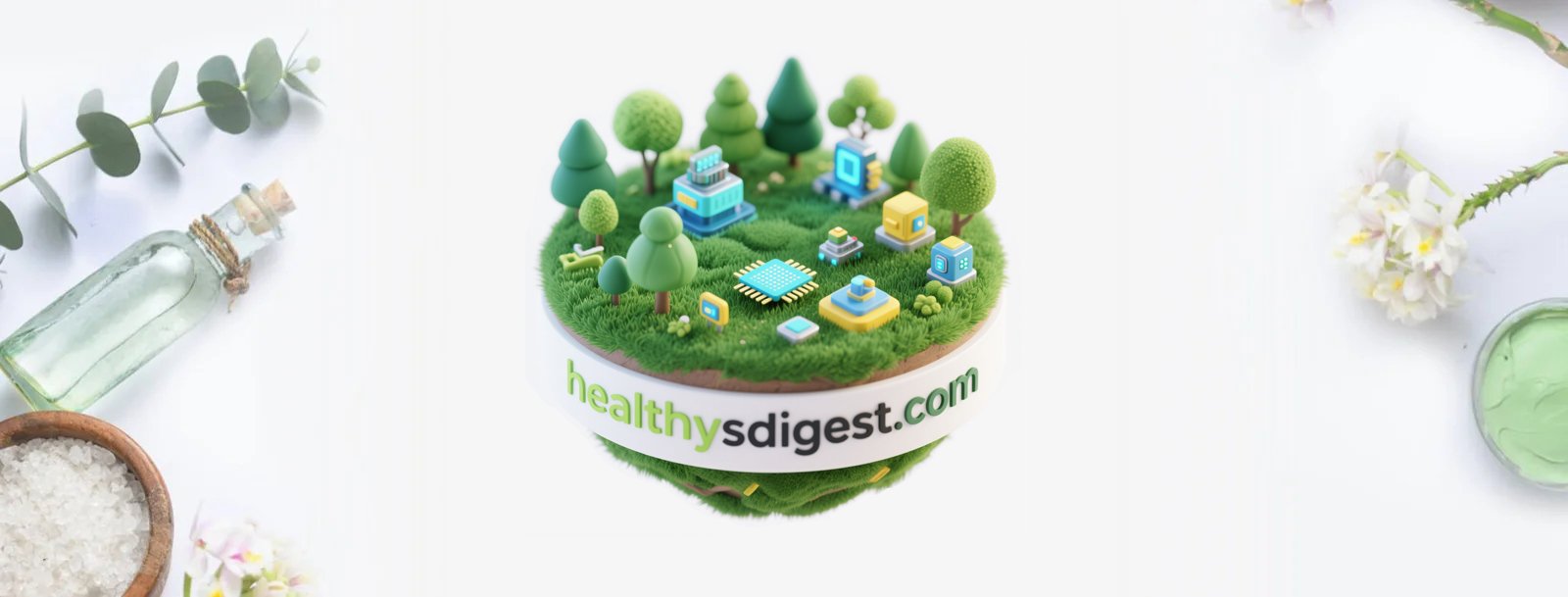Definitions need not apply
According to the Merriam-Webster Dictionary, there are 66 synonyms for mothering, one of which is “caregiving.” Indeed, mothering represents a journey of care, regardless of its origin or timing.
There are biological mothers, adoptive mothers, surrogates, and stepmothers; pet mothers also exist, along with maternal figures who have never had children of their own. A common thread among all is the remarkable willingness to face challenges, to release what no longer serves, to grieve, and ultimately to grow.
One plus one makes two … and sometimes more
Few people envision motherhood as purely positive or simple. Mothering brings joy, yet it can also be overwhelming, exhausting, and unpredictable at times.
“Motherhood changes you for the better and enhances your capacity to love,” shares Robyn Hines, mom, stepmom, and grandmother. “You come to realize that your children have more lessons to teach you than you have to teach them.”
Stepmotherhood can reshape you in different ways if you are receptive. “Your love goes further when you present your genuine self to your stepchildren, allowing for those moments when apologies are needed,” Hines explains. Mothering embodies both vulnerability and strength in an imperfectly beautiful package.
Mothering through grieving
At times, mothers stand at the edge of profound loss. In those moments, words fade away, replaced by tears, leading to further growth.
“Grief has deepened my compassion, granting me more empathy and tenderness with my children, grandchildren, and others experiencing hard times,” says Hines, who faced the loss of one of her children several years ago.
Mothering through adversities
Five years ago, Sue Simpson’s world shifted dramatically when her youngest son Jessie was brutally attacked. Now requiring 24-hour care in an assisted living facility, he needs a dedicated advocate. This has become a significant part of Simpson’s mothering journey. “Reflecting on the past is too painful, so I focus on what I can do today to enhance his quality of life,” she shares.
Parents with children facing chronic health issues or post-traumatic injuries step back into caregiving roles. Yet one thing remains consistent: “You’re always a mom, regardless of the circumstances. A better mom,” asserts Simpson.
Delia Filipescu experienced a transformation when her only son received a diagnosis of muscular dystrophy. Even though she couldn’t foresee the challenges ahead, mothering provided her with purpose and direction. “What defines me most as his mom is the capacity to hold hope, sadness, and fear together in my heart,” Filipescu explains. “You oscillate between being just mom to caregiver and back again, reconstructing yourself into a stronger, better version.”
Mothering knows no bounds
Oxytocin exists beyond human interactions; a loving glance from your cherished dog can also trigger the release of this “love hormone.”
After tragically losing two dogs to chronic illness, Olivia Martin made the choice to raise a special needs puppy. “Caring for a dog naturally transforms you into a mom before you even realize it,” she reflects. “It’s both humbling and beautiful.” The increasing number of adopted dogs across Canada is a testament to this bond.
Rearranging attachment patterns
Parenting is a transformative experience, regardless of how one becomes a parent. There was a time when it was expected that nearly everyone would have children. However, societal definitions of family have evolved, reflected in a shift in Canada where couples with and without children are nearly equal in number.
There are numerous complex reasons behind this shift: some face infertility or medical challenges leading to an inability to have children, while others choose not to pursue biological parenthood due to personal, environmental, or various other reasons.
As social beings, we crave connection; maternal instincts can take on many forms. Offering motherly care to friends or nurturing younger relatives in need can significantly enhance our emotional and physical well-being.
As my friend and I step outside after a comforting coffee conversation, we find ourselves enveloped by swirling snowflakes. Some settle on my hand and dissolve, prompting me to reflect: I am witnessing the true essence of motherhood—delicate beauty transforming into tears, which in turn gives way to warmth, joy, and future nourishment.
When tragedy strikes
In Canada, nearly one in four women experience miscarriage. Although late miscarriages are often perceived as especially painful, loss is profoundly heartbreaking regardless of timing. If someone you know is enduring this type of loss, provide acknowledgment through a thoughtful card, meals, or flowers. Offer your assistance by asking how you can best support them. Grief requires both time and space; simply being present in the way they’re most comfortable is the greatest gift you can offer.
The chemistry of human bonds
Most are familiar with oxytocin as the love or feel-good hormone, especially during childbirth and lactation. However, this small yet powerful neuropeptide contributes significantly to social and intimate connections, including those between parents and children.
Yet its influence extends beyond these realms.
The combination of mothering and oxytocin plays a vital role in nurturing kind, compassionate humans. This bonding—encompassing not just mothers but also fathers and other significant attachment figures—is especially crucial during the first six months of a child’s life. Simply put, the affection and love rooted in oxytocin facilitate the emotional and social development of happy children.






